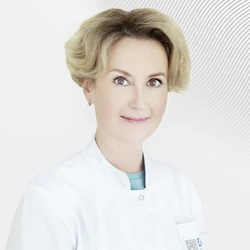Sjogren's syndrome

The main symptom of Sjogren's syndrome is severe dryness of the mucous membranes of the eyes and mouth. They are often accompanied by severe weakness and fatigue, and chronic joint pain. Some patients develop nerve damage called neuropathies, and tumors called lymphomas. Diseases can also be caused by malfunction of internal organs: kidneys, gastrointestinal tract, blood vessels, lungs, liver, pancreas and central nervous system.
Sjogren's syndrome is one of the most common autoimmune diseases in the world. Nine out of ten patients are women.
In about half of cases, Sjogren's syndrome develops as a primary disease, while the other half of cases are associated with another autoimmune connective tissue disease, such as rheumatoid arthritis, systemic lupus erythematosus, or scleroderma.
Irina Zhegulina, geneticist, Head of the Center for Genomic Medicine:
"Sjogren's syndrome is believed to be caused by a combination of genetic and external factors, but no associations have been confirmed between specific genes and the development of the syndrome. Researchers believe that the presence of changes in many genes at once affects the risk of Sjogren's syndrome, making a person more vulnerable to triggering factors. In particular, viral or bacterial infections that activate the immune system can potentially provoke the development of Sjogren's syndrome in susceptible people. Genetic features that increase susceptibility to the disease may reduce the body's ability to shut down the immune response when it is no longer needed."
Sjogren's syndrome is a systemic disease affecting the entire body. Symptoms may remain stable, worsen, or in rare cases go into remission. While some patients experience only minor discomfort, others suffer from debilitating symptoms that significantly impair their quality of life. Early diagnosis and proper treatment are of great importance in these cases - they can prevent serious complications and significantly improve the patient's daily life.
Diagnosis of Sjogren's syndrome can take a long time. The symptoms of Sjogren's disease mask other diseases or are similar to them, so the syndrome is often difficult to diagnose. On average, it takes about 3 years to make a definitive diagnosis.
According to the European criteria for diagnosis, the main symptoms that require a visit to a doctor are highlighted:
I. Ophthalmological symptoms (at least one)
-
Dry eyes for at least 3 months
-
Constant sensation of a foreign body in the eyes
-
Using artificial tears more than 3 times a day
II. Symptoms of oral cavity damage (at least one)
-
Dry mouth for at least 3 months
-
Periodic or permanent swelling of the salivary glands
-
The need to wash down food with water for comfortable swallowing
If there is at least one symptom from each category, the doctor may prescribe an examination that can confirm or deny the suspected diagnosis.
 Yuri Khaliulin, allergist-immunologist, dermatovenerologist, PhD:
Yuri Khaliulin, allergist-immunologist, dermatovenerologist, PhD:
"Sjogren's syndrome causes excessive activation of the production of various immunoglobulins by B lymphocytes. This leads to the formation of immune complexes that damage the salivary, lacrimal and sweat glands, and can deposit on the walls of blood vessels, causing damage to various organs. In addition to dry eyes and skin, this disease may have external manifestations on the skin in the form of redness and peeling of the skin around the eyes, hemorrhagic spots, sometimes ring–shaped red spots (ring-shaped erythema), and in 20% of cases, episodes of discoloration of the fingers due to spasm of small vessels (Raynaud's syndrome)".
In the EMC Rheumatology Department, doctors have extensive experience in treating patients with Sjogren's syndrome.
Peter Glazunov, rheumatologist, PhD:
"The so-called dry syndrome can manifest itself in people in different ways. So, one patient's dry eye may be the only complaint, while another literally cannot speak without taking a sip of water. For this reason, in each case, the amount of necessary examination and treatment plan is developed by the doctor individually.
 I will cite a case from clinical practice. In the EMC hospital, there was a patient who, in addition to the main complaints, was worried about excruciating dryness of the eyes and mouth. A rheumatologist was invited to the consultation by the attending physician, and Sjogren's syndrome was suspected. Without interrupting the treatment of the underlying disease, the patient underwent a full examination, the diagnosis was confirmed, and therapy was prescribed. By the time of the next visit, the patient noted a relief of painful symptoms, and admitted that the information she received had significantly improved her quality of life and psychological comfort."
I will cite a case from clinical practice. In the EMC hospital, there was a patient who, in addition to the main complaints, was worried about excruciating dryness of the eyes and mouth. A rheumatologist was invited to the consultation by the attending physician, and Sjogren's syndrome was suspected. Without interrupting the treatment of the underlying disease, the patient underwent a full examination, the diagnosis was confirmed, and therapy was prescribed. By the time of the next visit, the patient noted a relief of painful symptoms, and admitted that the information she received had significantly improved her quality of life and psychological comfort."
Dynamic monitoring is extremely important in the treatment of chronic diseases, therefore, after diagnosis and initiation of treatment, scheduled visits are scheduled to monitor the effectiveness of therapy and monitor the patient's health.
For successful treatment of Sjogren's syndrome, teamwork of doctors of different specialties is necessary: ophthalmologists, dentists, rheumatologists, gastroenterologists. In the EMC, these specialties are represented by doctors of the highest level working in a well-coordinated team. If you suspect a disease in yourself or your loved ones, make an appointment with a doctor and get tested.
Why the EMC
The first and only clinic in Russia, created in the image of the world's leading clinics
EMC is a multidisciplinary center offering patients a high level of medical services and a personalized approach
Worldwide recognition and awards
 Learn more
Learn more
Worldwide recognition and awards
 Certificates and licenses
Certificates and licenses
Make an appointment for a consultation
Specify your contacts and we will contact you to clarify the details
Reviews
and new products of the EMC
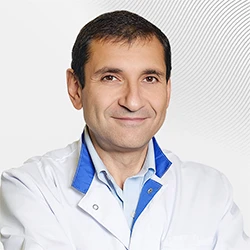

.webp)

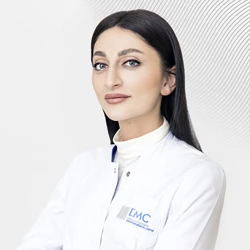
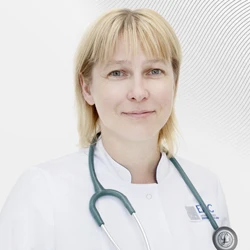
.webp)

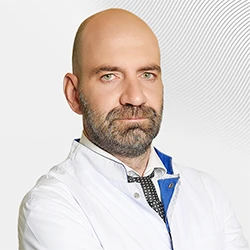
.webp)

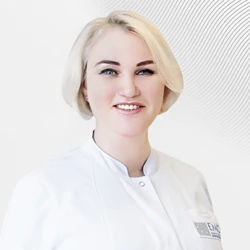
.webp)
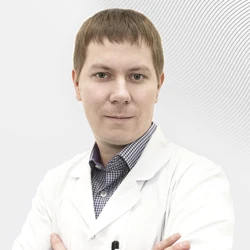
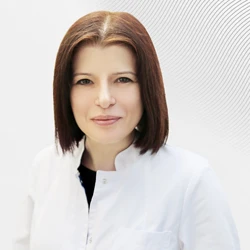
.webp)
.webp)
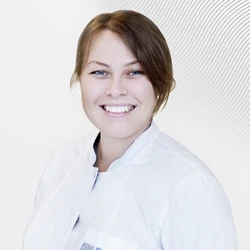
.webp)
